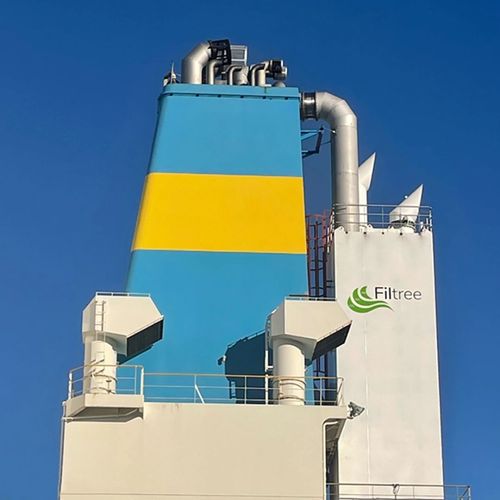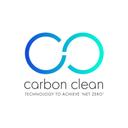First LR Class Notation for Onboard Carbon Capture System Assigned

Installation of Value Maritime Filtree System will enable 2020-built chemical tanker to reduce CO₂ emissions by up to 40% // PHOTO: Lloyd's Register
September 4, 2024
BY Lloyd’s Register
Advertisement
Advertisement
Related Stories
Global energy technology company SLB has been awarded a technologies and services contract for carbon storage site development in the North Sea by the Northern Endurance Partnership (NEP), an incorporated joint venture between BP, Equinor and TotalEnergies.
Vår Energi and licence partners, Storegga and INPEX Idemitsu Norge, announce that the Trudvang CO₂ storage project has successfully passed feasibility gate (DG1), marking a major step toward realising one of Europe’s most advanced and strategically located carbon storage hubs.
TGS, a global leader in energy data and intelligence, has partnered with Equinor to advance the digitalization of carbon capture and storage (CCS) operations. Their software delivers real-time, reliable data to enable more efficient workflows and informed decision-making across the CCS lifecycle.
Seabound Launches World-First Onboard Marine Carbon Capture Project with Hartmann, InterMaritime, and Heidelberg Materials
Seabound, a UK-based leader in marine carbon capture, has launched a first-of-its-kind onboard carbon capture project in partnership with Hartmann Group ("Hartmann"), InterMaritime Group ("InterMaritime"), and Heidelberg Materials Northern Europe. The captured carbon, bound in limestone and safely stored onboard, will be offloaded at the Port of Brevik, Norway, for use at Heidelberg Materials’ Brevik cement plant.
Carbon Clean announced the official opening of its new Global Innovation Centre (GIC) in Navi Mumbai, India. The GIC will be one of the world’s largest dedicated carbon capture research facilities, spanning 77,121 square feet and housing two carbon capture plants alongside state-of-the-art laboratories for solvent development, analysis, and testing. It will serve as a hub for research, innovation, and technology demonstration.





